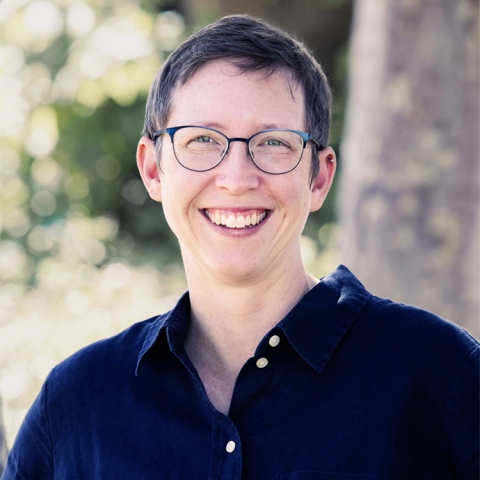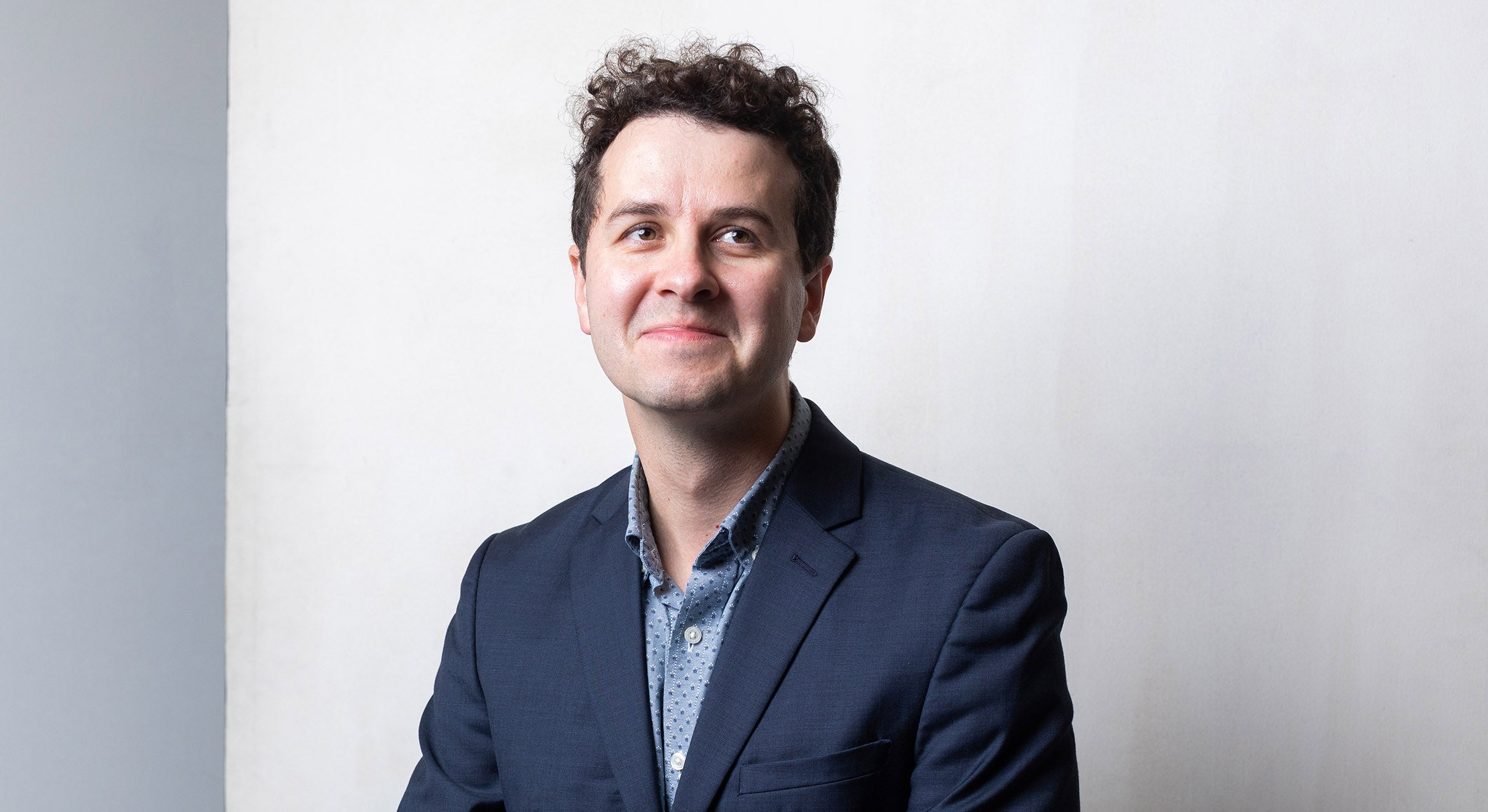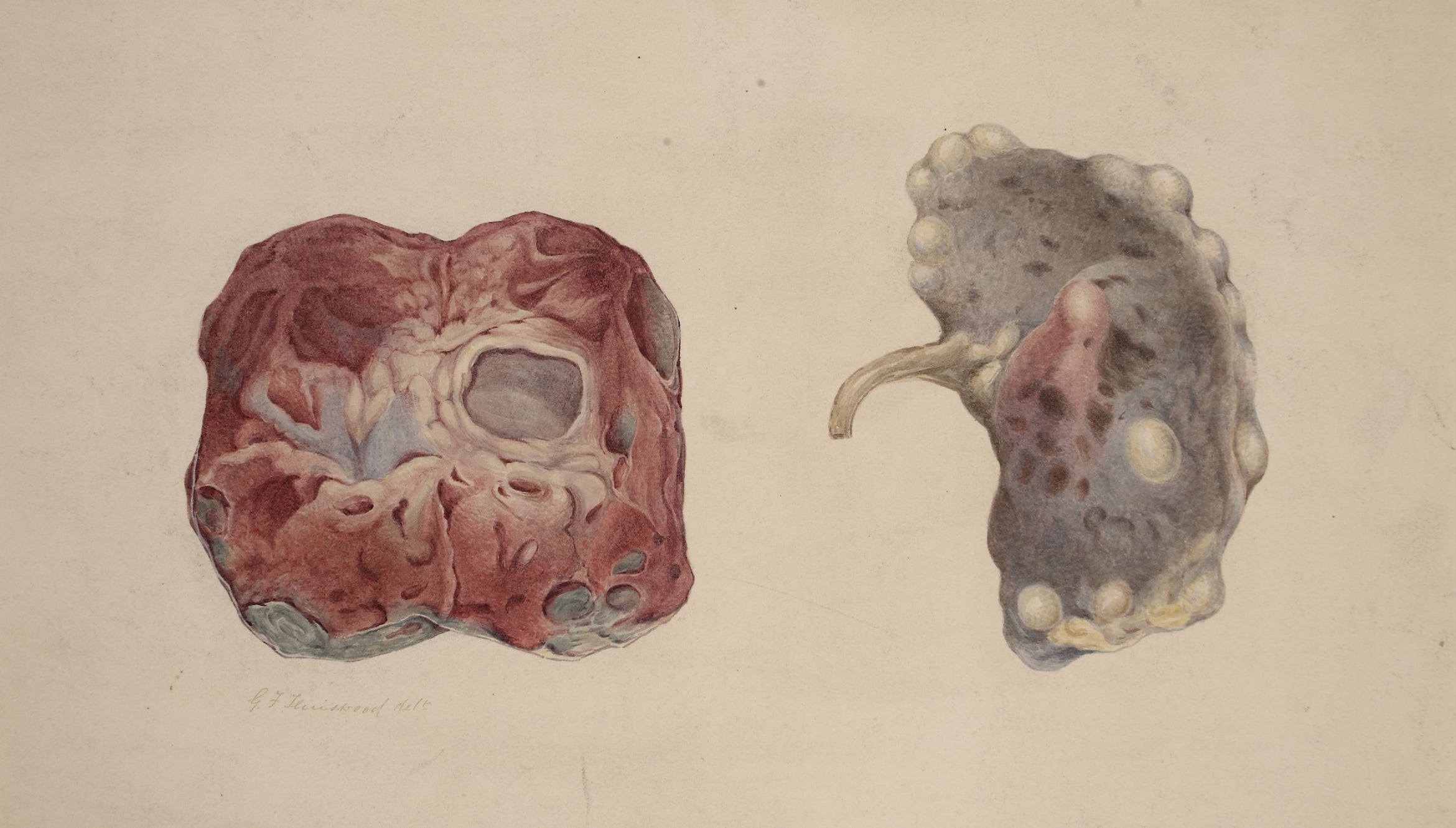Expert on contemporary Chinese capitalism to speak at East Asia Center
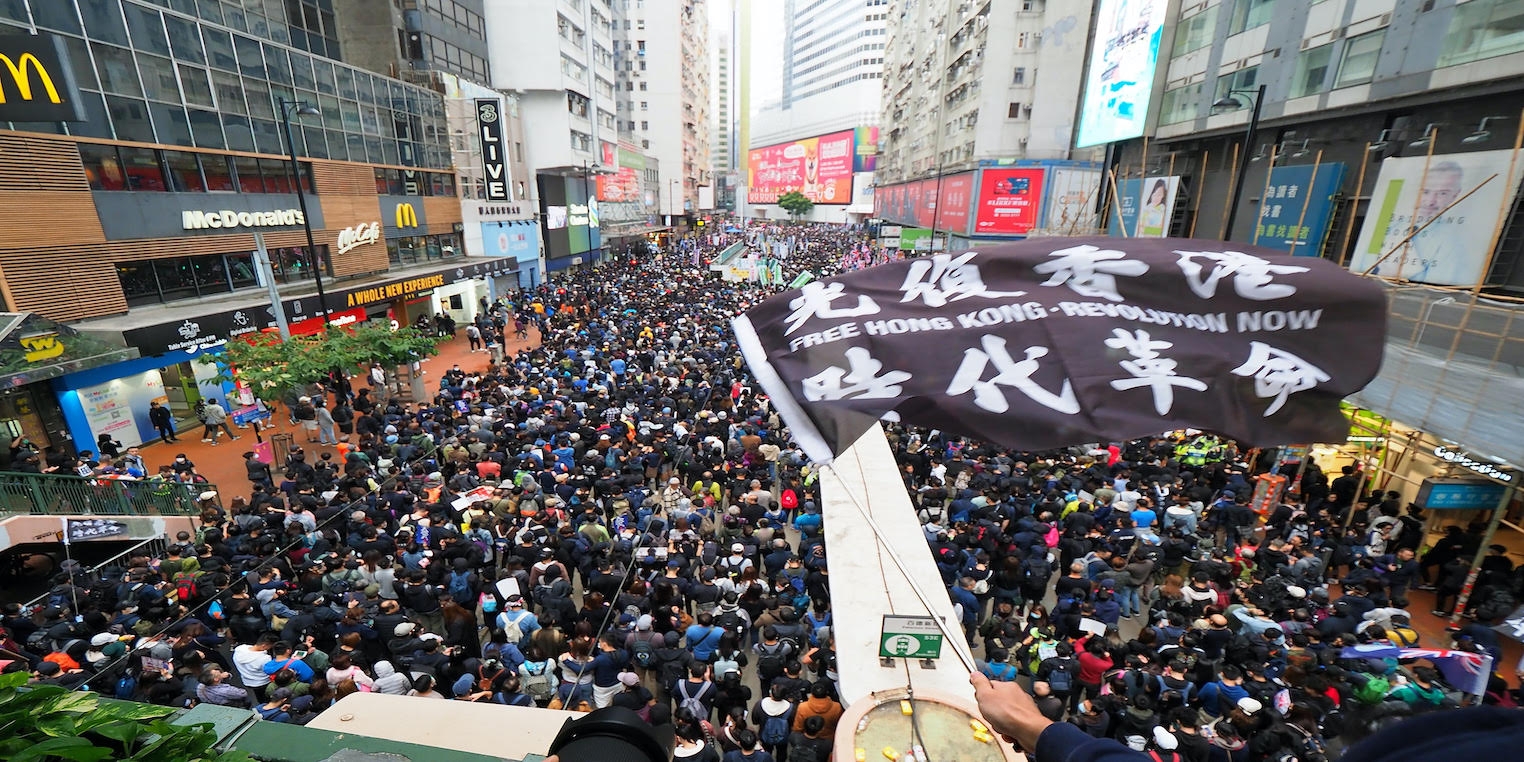
For its second annual lecture focused on U.S.-China relations, UC Santa Barbara’s East Asia Center (EAC) will host Ching Kwan Lee, author of “Hong Kong: Global China’s Restive Frontier” (Cambridge University Press, 2022) and a trilogy of monographs about contemporary Chinese capitalism through the lens of labor and the working class.
Lee, a professor of sociology at UCLA, will focus on Hong Kong under Chinese rule and two decades of protests that culminated in a mass uprising in 2019. While mainstream understanding of this history places it as a social movement for democratization and freedom from China’s authoritarian rule, Lee argues instead that the popular resistance is a struggle against the “double coloniality” at the interface of two of the world’s major political economic systems.
“Professor Lee will help us understand more deeply the nature of state activities and how they affect geopolitics and social movements both within and without the People’s Republic of China,” said Kate McDonald, an associate professor of history at UCSB and director of the EAC. “Her on-the-ground research has been transformative in the field, and we are so excited to bring her to UCSB to share her knowledge and insights with our community.”
Free and open to the public, Lee’s lecture runs 4–5:30 p.m. on Thursday, March 7 in room 2135 of the Social Sciences & Media Studies building. Her talk follows up on the center’s inaugural China Peace and Understanding Fund lecture event featuring Andrew B. Liu of Villanova University.
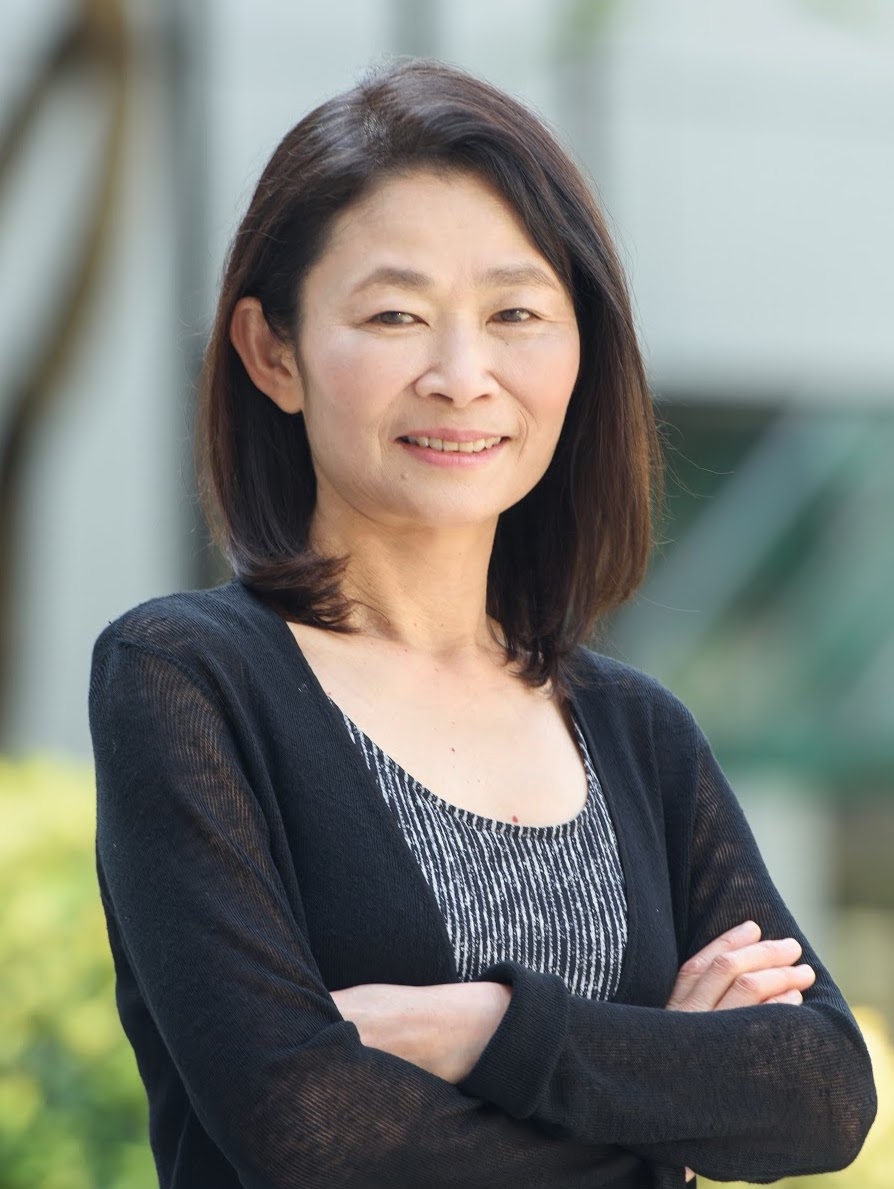
The event is organized by the East Asia Center with support from the donor-sponsored China Understanding and Peace Fund.
Keith Hamm
Social Sciences, Humanities & Fine Arts Writer
keithhamm@ucsb.edu
